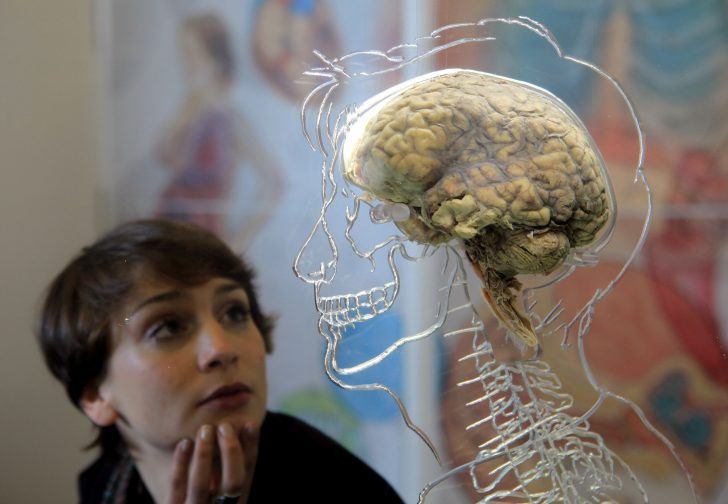When you were younger, you probably read all about evolution and the way the world came into existence in science class. There are many theories and shreds of evidence that propose how different species developed over time.
These developments weren't sudden. Rather, it took millions of years and harsh circumstances for these changes to take place. For example, humans have developed the ability to tolerate many dietary changes, have developed stronger immunity, and have the ability to survive in areas with decreased oxygen thanks to evolution.

Micropia | There's plenty that scientists still haven't discovered about the human body and its components
What We Know About the DNA
DNA is short for deoxyribonucleic acid and is a molecule that holds the genetic code of an organism. DNA is found in every animal, plant, protists, archaea, and bacteria. As they are present in the cell, they are responsible for monitoring the proteins that are created. When it comes to human DNA, it has been observed that it is quite similar to that of the chimpanzee.

VCG | The comparison makes sense since chimpanzees happen to be human being’s closest living relatives
However, a recent study published in the Journal Cell Stem Cell conducted at Lund University in Sweden has shown that a part of the DNA hasn’t been coded yet and it holds a lot of information regarding how/why the human brain functions differently than that of the chimpanzee.
More on the Study
Professor Johan Jakobsson at the Department of Neuroscience at Lund University states that they conducted the research through stem cells that were lab-grown instead of using live subjects. The stem cells were developed by the University’s partners in Germany, Japan, and the USA. They were then used to develop brain cells to be examined to search for differences between chimpanzee and human DNA.
What Did the Study Conclude?
Professor Jakobsson pointed out that the brain was the key element to understanding what differentiates the human brain and what makes it so capable of advancing quickly. The study suggests that the foundation of the evolution of the human brain is much more complex than it is perceived to be.

Getty Images | The research indicates that the reason behind the human brain’s development is more overlooked than one would assume
The leading researcher also talks about how this study is just the tip of the iceberg as it has invalidated all the previous claims about evolution and the human brain. It has also provided scientists with a solid foundation to build on and has paved a new path for them.








